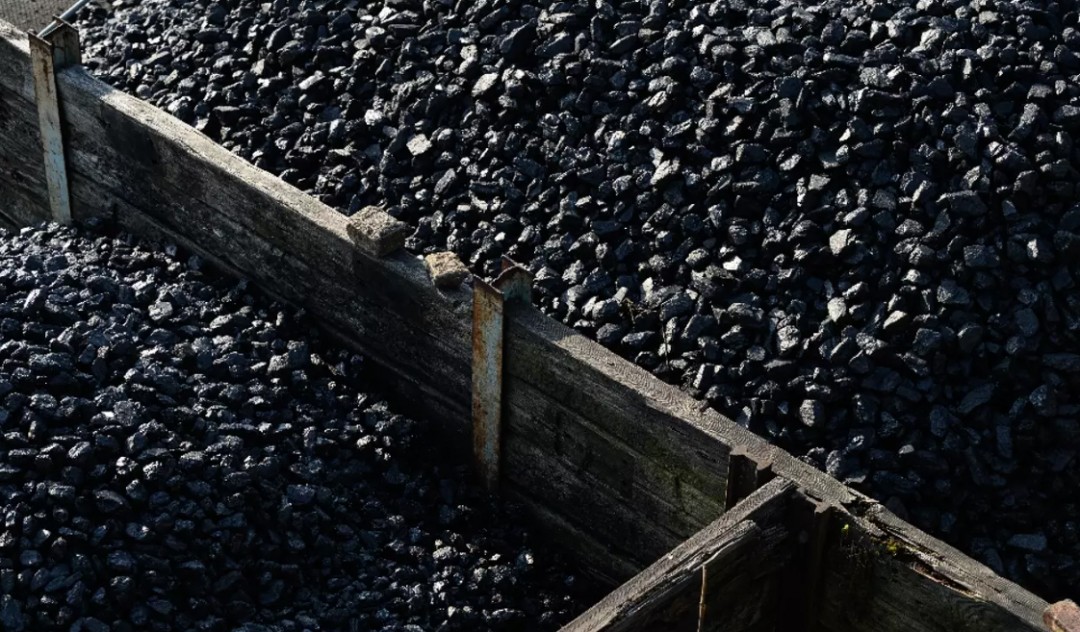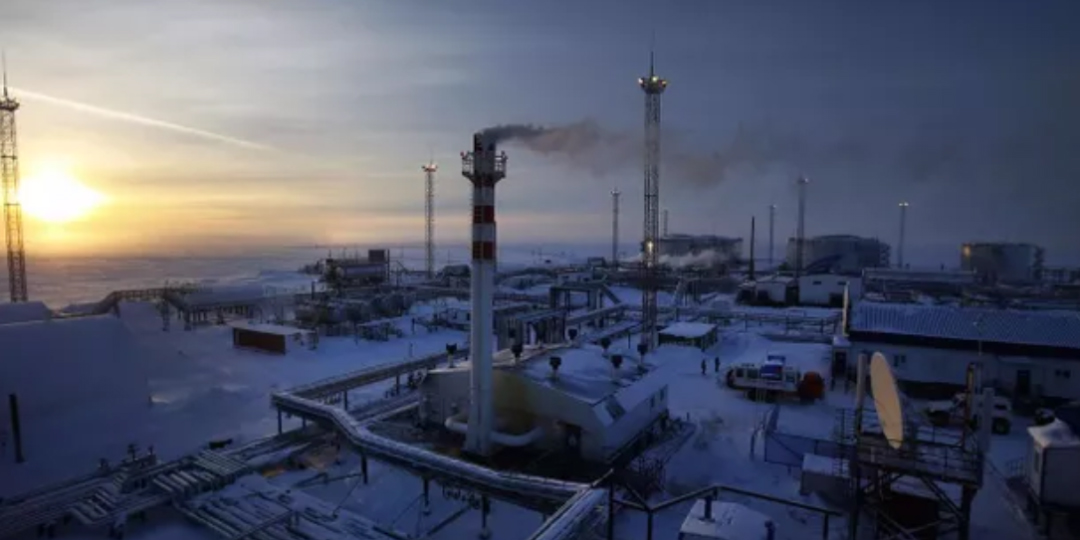Recent Posts
-
Hong Kong International Lighting Fair (Autumn Edition) 2023
Hong Kong International Lighting Fair (Autumn Edition) 2023
10/07/2023
-
Join Us on a Journey of Illumination at the 2024 Hong Kong Lighting Fair!
Join Us on a Journey of Illumination at the 2024 Hong Kong Lighting Fair!
03/20/2024
-
agnetic Track Light Revolutionizes Lighting Industry - OBALS
Discover how OBALS's Magnetic Track Light is revolutionizing the lighting industry with cutting-edge technology, easy installation, flexibility, and sustainability.
11/21/2023
-
Zhongshan lighting shines all over the world
Zhongshan lighting shines all over the world "Zhongshan Smart Lighting Pavilion" debuted at the Hong Kong International Spring Lighting Fair
04/14/2023
-
Polishing up the golden signboard of the hometown of overseas Chinese, overseas Chinese in Zhongshan gather in Hong Kong to seek high-quality development
Polishing up the golden signboard of the hometown of overseas Chinese, overseas Chinese in Zhongshan gather in Hong Kong to seek high-quality development
04/13/2023
-
INTERNATIONAL LIGHTING FAIR (Spring Edition)The HongKong
INTERNATIONAL LIGHTING FAIR (Spring Edition)The HongKong
04/04/2023
"The good days are over"! The EU prepares for the "cold winter": France stockpiles natural gas in advance, and the Germans rush for electric heating and coal!
Affected by the conflict between Russia and Ukraine, ordinary Germans need to worry about one issue - how to spend the winter well. The rise in natural gas prices will intensify as operators may pass on higher energy prices to consumers starting in October. In fact, Germans who are worried about heating in winter have now begun to prepare, flocking to buy wood, coal and electric heating.
1. Resources sold out early
“The situation is so special!” exclaims coal merchant Dirk Kögler, with a strong Berlin accent: “I have never seen this in my life. Between April and May, we receive just placed an order." In other words, fall deliveries have been brought forward to summer.
The company's open-air warehouse is located in the Blitz district in southern Berlin, between a disused railway line and a shopping mall. Dirk Kögler starts the long day with hot coffee and cigarettes at 7am with three colleagues. On the pitch-dark ground, a brawny man in a vest placed a jute bag full of coal on the platform behind the lorry and revealed, "All our coal has been pre-sold."
In fact, the lignite comes from the Rekord plant in Spremberg, near the Polish border, one of the last in Germany to produce domestic coal. Its managers revealed that they will give priority to supplying thermal power stations for heating in winter.
What to do after that? Dirk Kögler has already planned: "Fortunately, I can also rely on wood sales", "I know two other sellers who only do charcoal. They have sold out their entire stock in three months."
Naturally, many people are also concerned, such as retired paramedic Karin Armgard having to wait in line during the heat wave to make sure her name is on the "coming soon delivery list".
Karin Amgard, whose 98-square-meter apartment in Kreuzberg is heated only by a tiled stove, decided to reduce the number of heated rooms: "Of course I'm afraid of freezing! I have some stock left over from last winter, But a lot of briquettes will be needed for the winter this year."
In Berlin, coal is used for heating in 5,000 to 6,000 households despite its environmental hazards and rising prices, which is a tiny fraction of the roughly 1.9 million households, and the users are usually the elderly:” A 50kg bag of charcoal costs an average of 10 euros per month”.
2. Germans snap up winter resources
As mentioned above, the Germans are scrambling to buy resources for winter heating - wood, coal, electric heating. About 600,000 electric heaters were sold in Germany in the first half of the year, a quarter more than last year.
Heating timber is reportedly currently fetching twice its usual price, and timber theft is not uncommon across Germany.
In addition, a colleague of Dirk Kögler already has 390 guests on the waiting list.
Not only that, but showering has become a political topic in Germany. In addition, topics such as the two world wars, the Berlin blockade of 1948-1949, the Cold War, and more quickly popped up in the discussion.
"My grandfather told me that people go mad because of the cold", Dirk Kögler summed up the experience of those who came here - "cold is harder than hunger": "Berlin people once went to the city park to chop down trees, or to remove wood stairs".
"Thirty years ago, Berlin was completely self-sufficient. The entire West Berlin has stocks, including coal. Thirty years later, we are completely dependent on imported energy," lamented a disappointed customer named Peter in the face of the current state of dependence on energy from other countries. road.
This fragile image of dependence seems at odds with Germany's image as the continent's No. 1 economic power. But the Russo-Ukrainian war awakened older memories of the war and revealed to the country's population the weaknesses of its economic model.
Not only that, but social networks have exacerbated this concern. Frank Biess, a professor at the University of California, San Diego, and author of "Republic of Fear," noted that the economy minister's direct remarks only added to the panic: "A German would think: 'If he told us that It must have been worse in reality'".
Germany, which relies on imports for energy, needs more security, and as experts have observed during the reception of refugees, society as a whole is afraid of losing control in the face of a crisis situation: “When people start to lose confidence in their leaders, then A 'forgotten fear' has revived." The return of the inflation phenomenon, but also intensified the anxiety.
3. French gas storage reaches 90%
After reading the "cold winter" anxiety of the Germans, what about the situation in France?
The French don't seem to need to worry too much this winter:
According to the European Gas Storage Inventory (AGSI) platform, France had stored 90% of the natural gas it needed for the winter as of August 25.
According to AGSI website data, the storage capacity of the two major natural gas storage stations in France, Teréga and Storengy, has reached 91.21% and 89.67%, respectively.
France's plan is to start this year with new gas carriers to receive gas from sources outside Russia.
In fact, under normal circumstances, France should fill 85% of its winter gas reserves by November 1. However, the energy transition minister, Agnès Pannier Runacher, pointed out this summer that the target for this year is 100%.
4. How about gas storage in other EU countries?
The same website shows that Germany's natural gas storage has reached 81.07%.
In addition to France, four of the EU-27 have more than 90% of their natural gas storage:
Portugal 100%, Poland 99.56%, Sweden 90.8%, and Denmark 93.76%.
Other countries also have stocks above 50%, with relatively few being Latvia (55%) and Bulgaria (59%).
5. Macron's "General Mobilization": Dealing with the "Great Turbulence" after the "Abundance Era"!
On August 24, French President Emmanuel Macron called for "close unity" at the ministerial meeting marking the resumption of work in the government in order to deal with the "great turmoil" brought about by the "end of the era of abundance".
Those around the president said a "mobilization" was now necessary, with the slogan "Save energy."
The Ministry of Energy Transition said laws will be introduced by the end of summer to ban all businesses from opening their doors when air conditioning and heating are in use, and to ban advertising at night (except in stations and airports).
A bill to develop renewable energy is also being prepared.
6. Germany's new energy-saving regulations: can't "lie down"
In the face of energy shortages, the German government approved new winter energy-saving regulations on the 24th, limiting heating and electricity use in public buildings, with a view to reducing natural gas consumption by 2%.
The first rule is: In public buildings, the heating temperature must not exceed 19 degrees Celsius, and areas such as corridors and hallways should not be reheated. Social institutions are not included.
Furthermore, buildings and monuments should not be illuminated for decorative purposes only. Store neon lights can also be banned at night. The private pool cannot be reheated. Minimum heating temperature commitments to tenants should be lifted if it does not result in a health hazard.
However, German Economy Minister Habeck believes that there is still a long way to go in terms of energy saving.
"The federal government has been pursuing its policy of independence from Russia's energy supply," explains Habeck. Significantly more natural gas savings is important in public administrations, companies and as many private households as possible. "These measures save energy, but we cannot 'lay flat' on this."
Under the second regulation, pending approval and valid until 2024, regular inspections of gas heating systems and replacement of inefficient pumps over the next two years.
From October, companies consuming more than 10 gigawatt hours of energy per year will be obliged to take energy-saving measures where they make economic sense.
In addition, the German government intends to give priority to coal and oil cargoes in rail transport.
This means that train passengers may be "affected by rail passenger failures". But the German government requires military transport to take priority over energy transport, because Germany is an important transit country for Ukrainian military aid, and military supplies are mainly transported by rail.
According to the German government, in order to avoid the implementation of energy rationing system due to the shortage of natural gas in winter, German natural gas consumption must be reduced by 20% compared with that before the escalation of the Ukrainian crisis.
Affected by the sharp rise in natural gas prices, consumption has been reduced by about 8%. Energy-saving measures in industry and households are expected to reduce consumption by 5% to 10%, while the switch to coal power generation is expected to make up for 3% to 5%.
It is worth noting that a report by the German Ministry of Economic Affairs called "Energy Supply Situation Report" shows that due to the falling water level of the Rhine, the obstruction of inland shipping, and the congestion of the railway network, Germany's coal and oil may also be in shortage in autumn and winter.
Because of this, German Chancellor Scholz said after meeting with Canadian Prime Minister Justin Trudeau in Montreal on the 22nd that he would increase cooperation with Canada in the field of green hydrogen energy. According to Scholz, Canada could become Germany's green hydrogen supplier in the future, but Germany will temporarily rely on conventional gas during the transition period, which will also increasingly pass through Canada's LNG terminals in the form of LNG. get.
In addition, an EU plan, which has not yet been approved by member states, stipulates that the EU27 will reduce its gas consumption by at least 15% between August 2022 and March 2023 compared to the average for the same period over the past five years.






